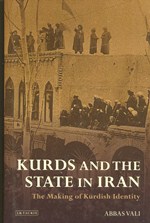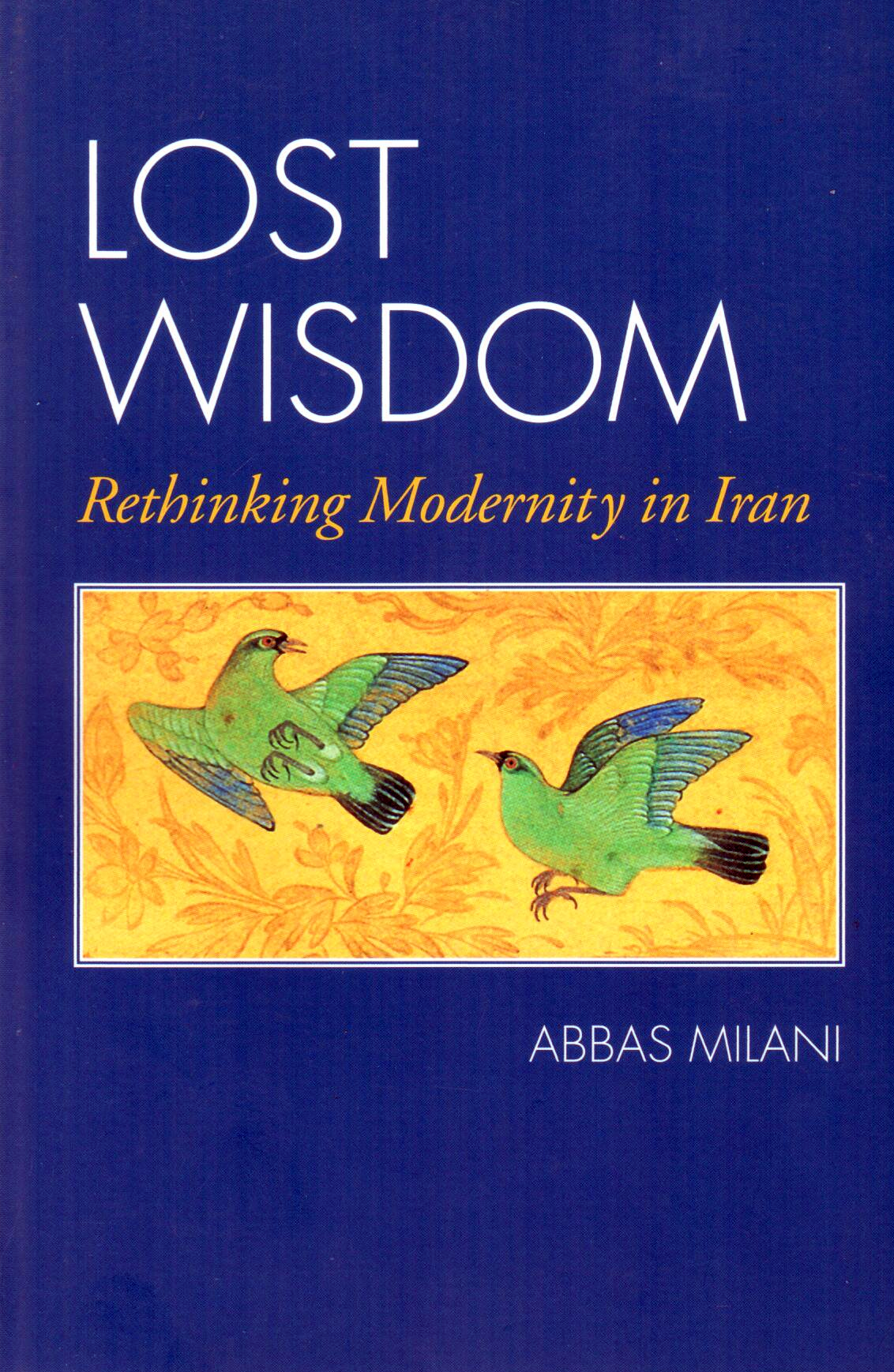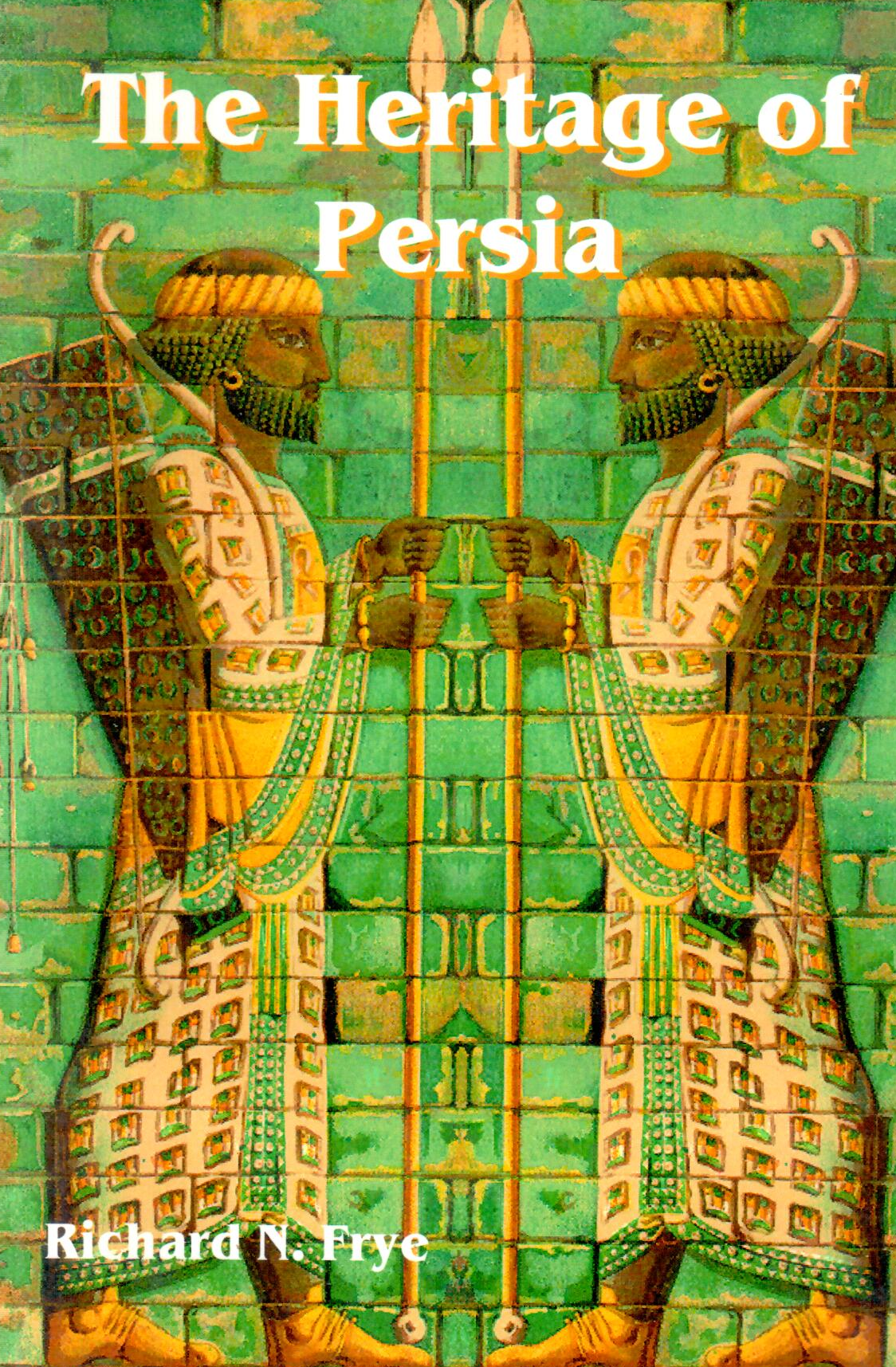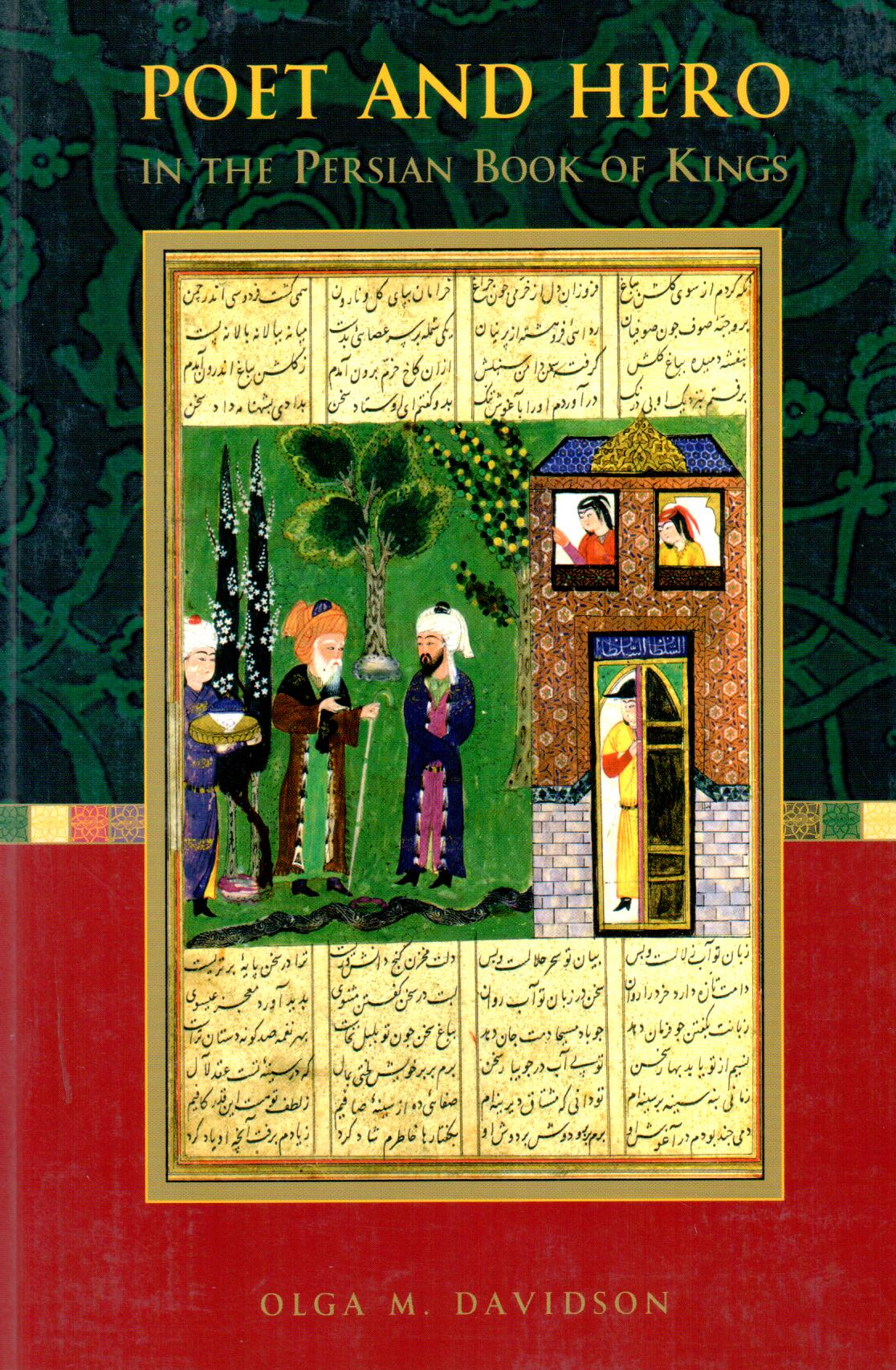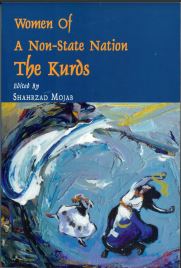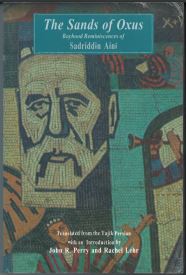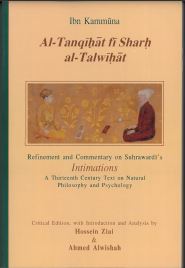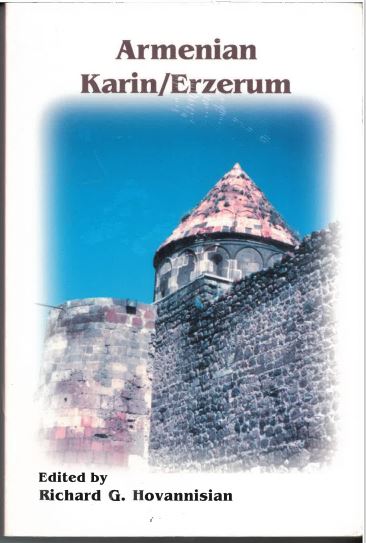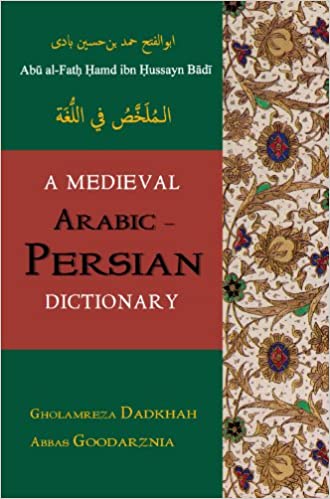Essays on the Origins of Kurdish Nationalism: Engelska 2003
Essays on the Origins of Kurdish Nationalism
234 SEK
Dela
Wishlist
ISBN:
156859142x
Förlag:
Mazda Publishers
Åldersgrupp:
Vuxen
Sidor:
234
Vikt:
390 g
Produktmått:
14 x 21 x 1
,
64 cm
Bokomslag:
Pocketbok
Of the major nationalist movements which have shaped the modern Middle East, Kurdish nationalism alone has failed to establish a national state. Alongside the Palestinians and until recently the Armenians, the Kurds have remained a stateless nation. But while there exists an extensive literature on the genesis and development of other Middle Eastern nationalismsTTurkish, Arab and in particular PalestinianThistorical and theoretical debate on the origins and structure of Kurdish nationalism has been notably scanty.
This collection initiates such a debate, investigating the origins of Kurdish nationalism from a range of historical and theoretical perspectives, and exploring its implications for the present. Its aim is to analyze arguments about the origins of Kurdish nationalism not only as competing historical accounts, but also, and more crucially, as strategic debates about the identity and legitimacy of the Kurdish nation. For this debate is informed by the idea that the concept of national origin lies at the heart of the nationalist claim to power, and different perceptions of that origin thus involve different constructions of the nation and national identity. Historical arg
more
Of the major nationalist movements which have shaped the modern Middle East, Kurdish nationalism alone has failed to establish a national state. Alongside the Palestinians and until recently the Armenians, the Kurds have remained a stateless nation. But while there exists an extensive literature on the genesis and development of other Middle Eastern nationalismsTTurkish, Arab and in particular PalestinianThistorical and theoretical debate on the origins and structure of Kurdish nationalism has been notably scanty.
This collection initiates such a debate, investigating the origins of Kurdish nationalism from a range of historical and theoretical perspectives, and exploring its implications for the present. Its aim is to analyze arguments about the origins of Kurdish nationalism not only as competing historical accounts, but also, and more crucially, as strategic debates about the identity and legitimacy of the Kurdish nation. For this debate is informed by the idea that the concept of national origin lies at the heart of the nationalist claim to power, and different perceptions of that origin thus involve different constructions of the nation and national identity. Historical arg
more



